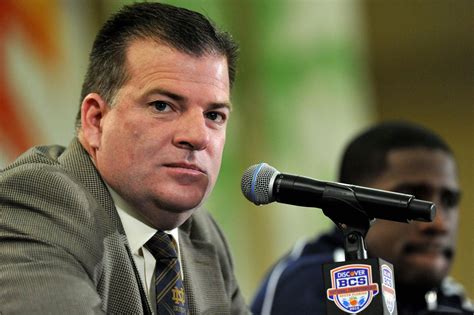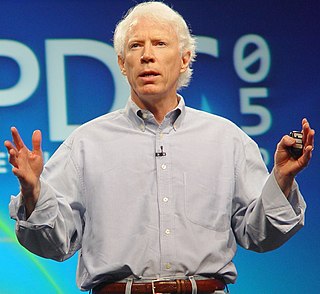A Quote by Lawrence Lessig
Americans have been selling this view around the world: that progress comes from perfect protection of intellectual property.
Related Quotes
We have to understand that America can't just surrender and lose jobs year in and year out. We have to say to our friend in China, look, you guys are playing aggressively. We understand it. But this can't keep on going. You can't keep on holding down the value of your currency, stealing our intellectual property, counterfeiting our products, selling them around the world, even to the United States.
You find as you look around the world that every single bit of progress in humane feeling, every improvement in the criminal law, every step toward the diminution of war, every step toward better treatment of the colored races, or every mitigation of slavery, every moral progress that there has been in the world, has been consistently opposed by the organized churches of the world. I say quite deliberately that the christian religion, as organized in its churches, has been and still is the principle enemy of moral progress in the world.
There's a property in Panama where Trump has collected somewhere around $30 million just from selling his name to this property - it's somewhere between $30 million and $50 million. It would be so easy for a developer to slap on an extra $6 million to a Trump licensing deal and have that be a backdoor bribe. Who are we to say what that is worth? It's so ephemeral. And this is the appeal of selling something as ephemeral as a brand name, is that it can be inflated beyond all reason.
The diversity in the faculties of men, from which the rights of property originate, is not less an insuperable obstacle to a uniformity of interests. The protection of these faculties is the first object of government. From the protection of different and unequal faculties of acquiring property, the possession of different degrees and kinds of property immediately results; and from the influence of these on the sentiments and views of the respective proprietors, ensues a division of the society into different interests and parties.
Paris, as always, is swarming with Americans, and these days, it's also swarming with hamburgers. Oddly, though, it's not typically the Americans who are pursuing the perfect burger on the perfect bun with the obligatory side of perfect coleslaw; the Americans are pursuing the perfect blanquette de veau.




































